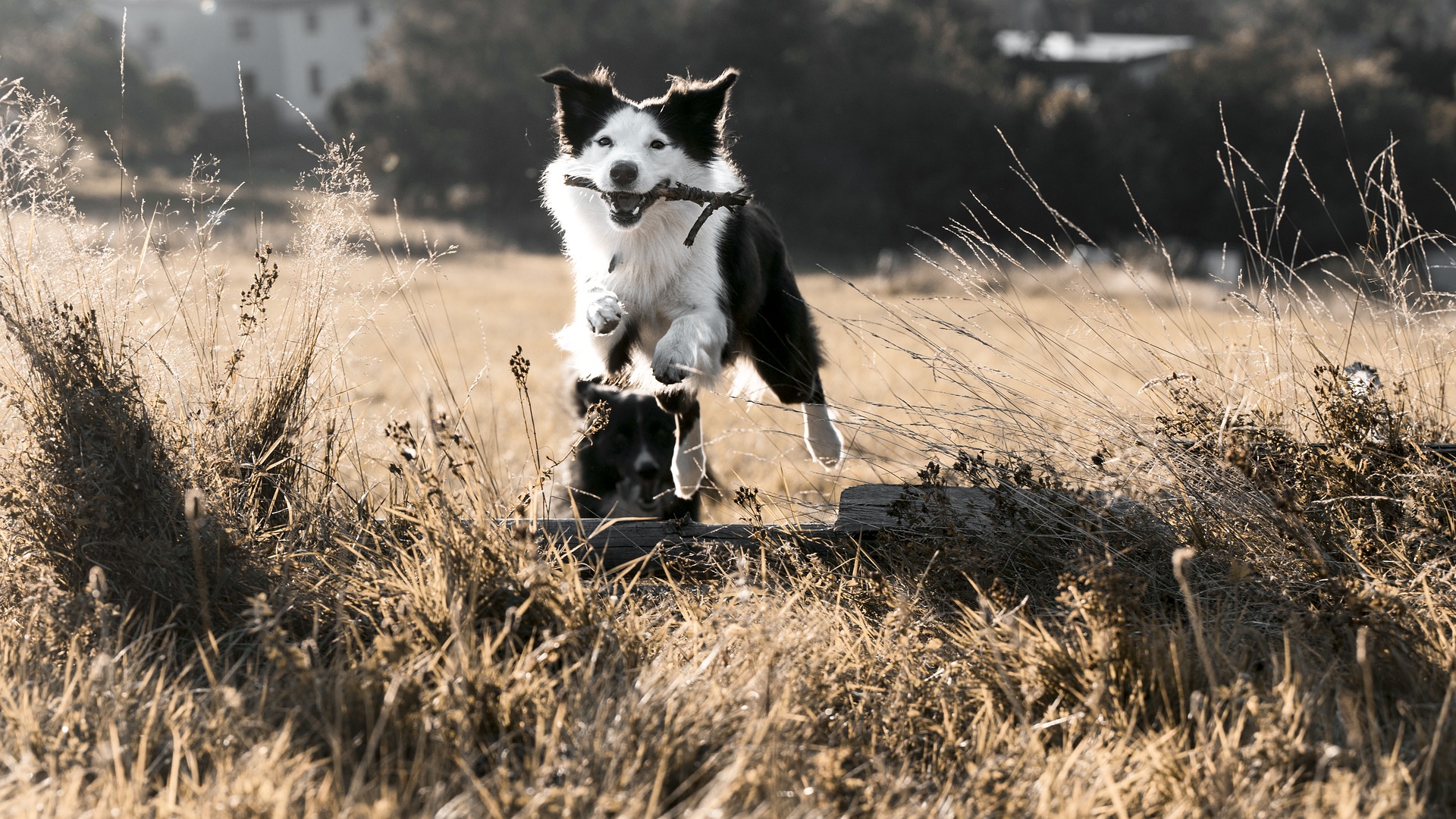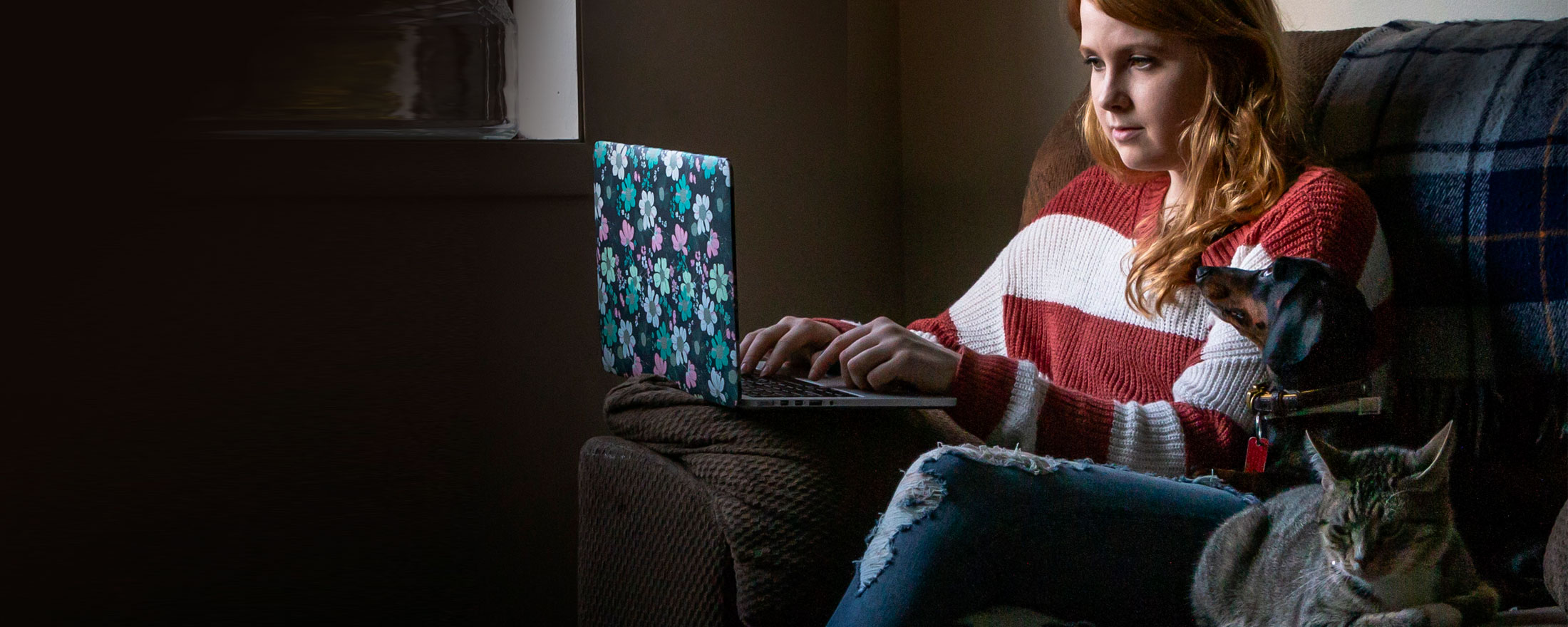
20 Jan Addressing Oral lacerations in Dogs
Oral lacerations occur infrequently in dogs, as compared to other lacerations on the body. Commonly they are the result of trauma, such as sticks, dog bites, and blunt trauma. Oral lacerations on the lips may be readily identified, however, lacerations occurring in the mouth or on the tongue can easily be missed. Unless the inciting cause is witnessed, swelling, blood-tinged saliva or a foul smell from infection may be noticed much later after the trauma.
Treatment of Oral Lacerations
As with any trauma, an evaluation by a veterinarian is recommended. Depending on the inciting cause, it is important to make sure that the patient is stable and that there are no other injuries that need to be addressed before focusing on oral lacerations. To thoroughly assess and treat any oral laceration, sedation and/or anesthesia is necessary.
In many cases, oral lacerations need to be cleaned and debrided to remove any dirt, debris and/or unhealthy tissue before being sutured closed. Initially, the oral cavity can be rinsed with an oral antiseptic solution and the wound should be explored to determine the extent and depth of the laceration. Any traumatized or devitalized tissue must be debrided. Warm saline can then be used to flush the wound, rinsing away any debris.
Once the wound has been cleaned, it can be sutured closed using an absorbable suture that will dissolve over time. Suturing the laceration helps to speed the healing of the oral tissues by preventing food material, dirt, hair or other debris from getting trapped in the wound, which would lead to inflammation and infection. Suturing is a much better treatment option than leaving the wound open and hoping it will heal on its own.
Dog Dentist in Loveland
In general, oral lacerations tend to heal well due to the environment of the oral cavity, the nature of the oral mucosa and the ample blood supply in the mouth. Good technique and attention to detail during laceration repair is also vital to the success of the procedure. If properly addressed, dog mouth lacerations heal with minimal complications and have a very good prognosis. If you are looking for a caring and knowledgeable dog dentist in Loveland, CO, give us a call today.
Does your dog in Castle Rock, Colorado Springs or Loveland, CO have an oral laceration?
Contact us today at (719) 536-9949!

